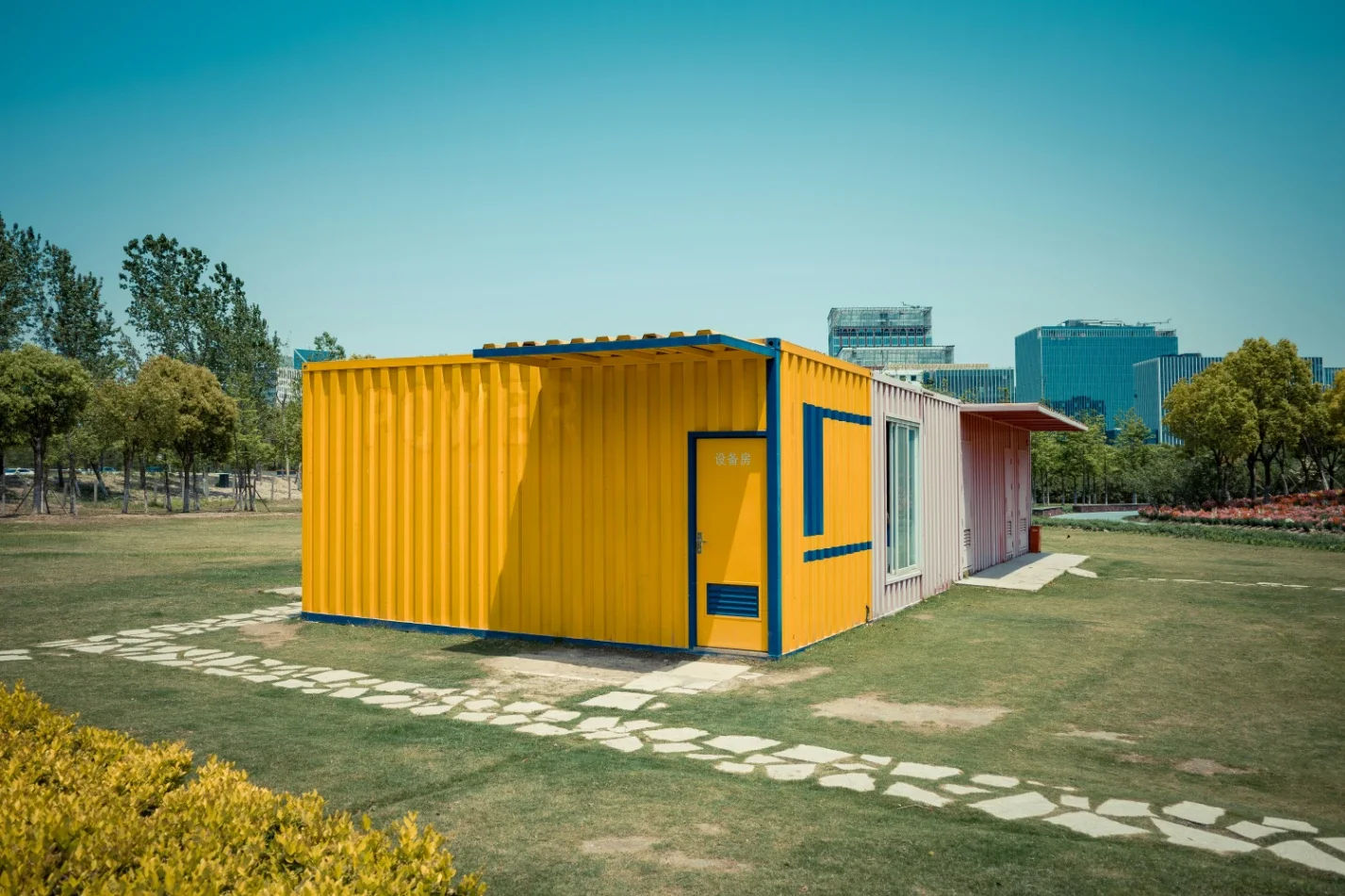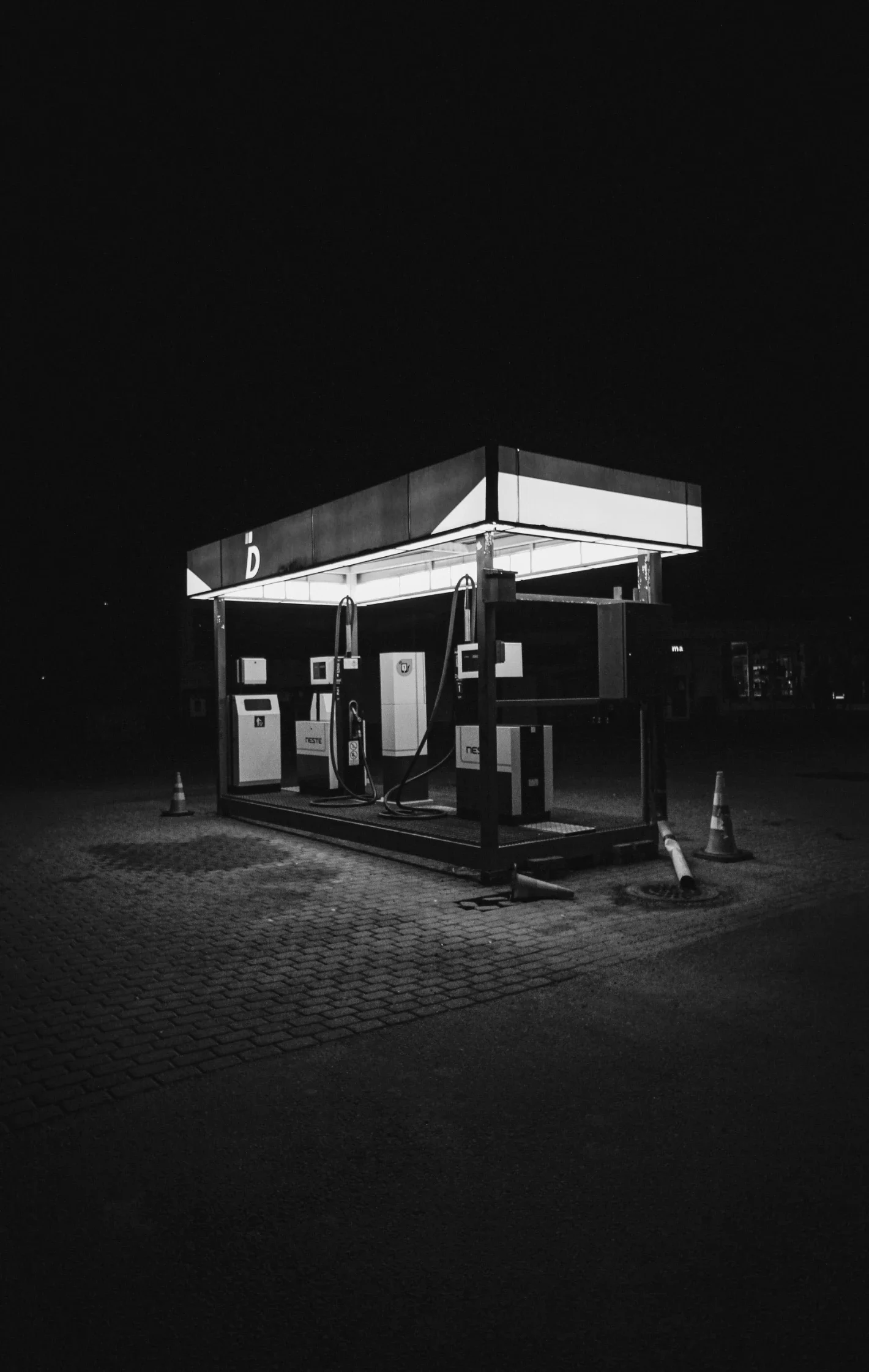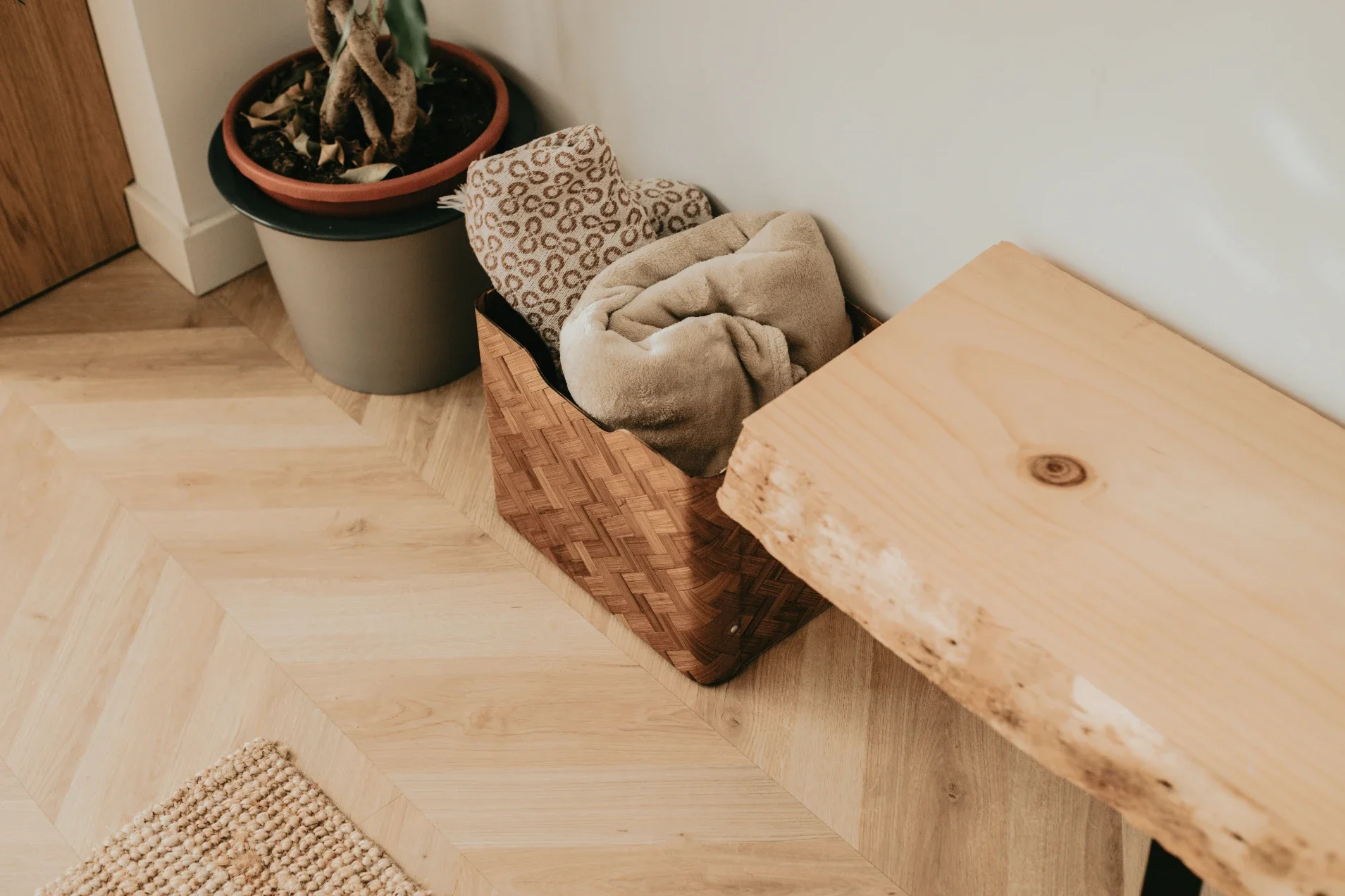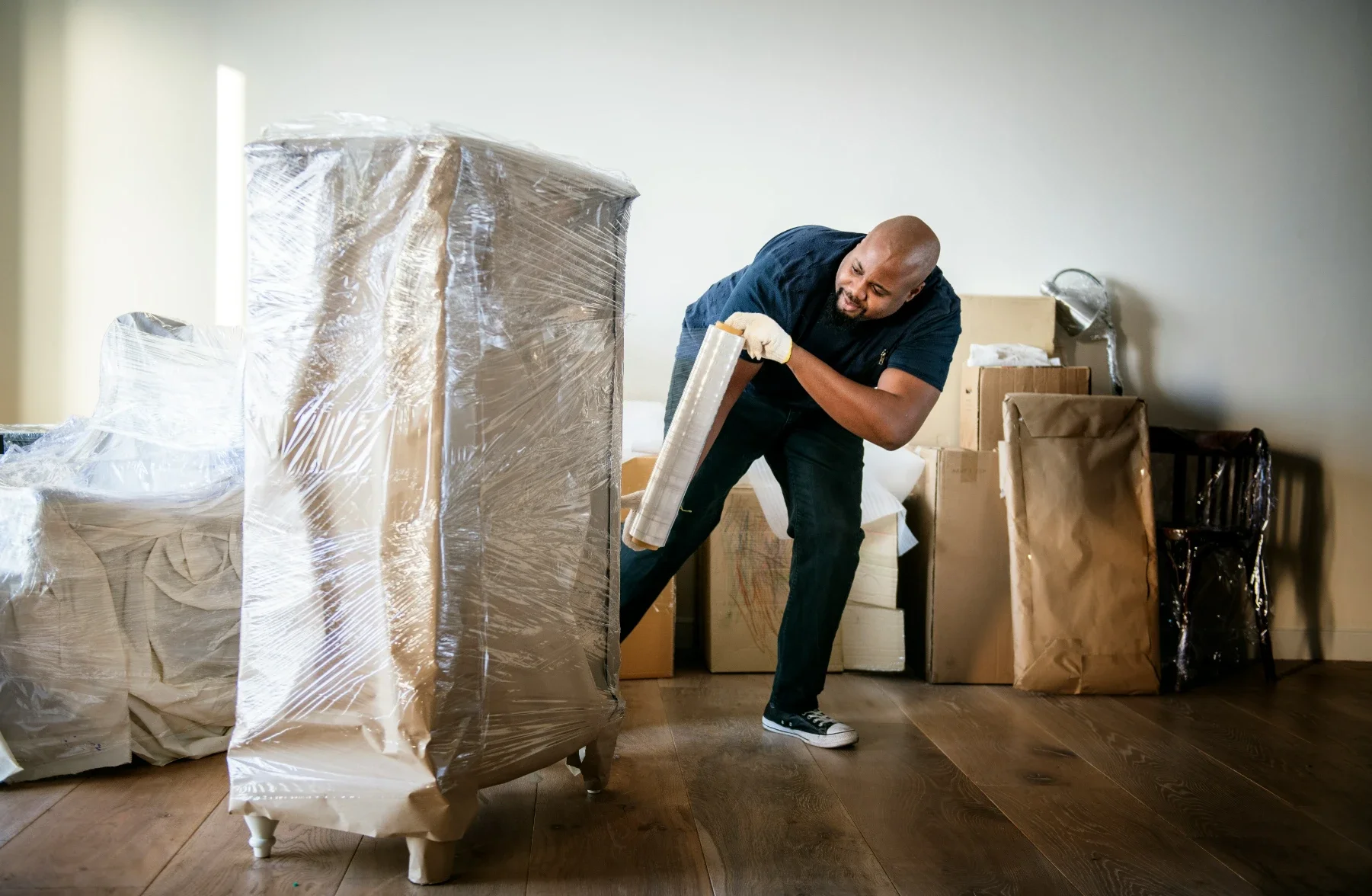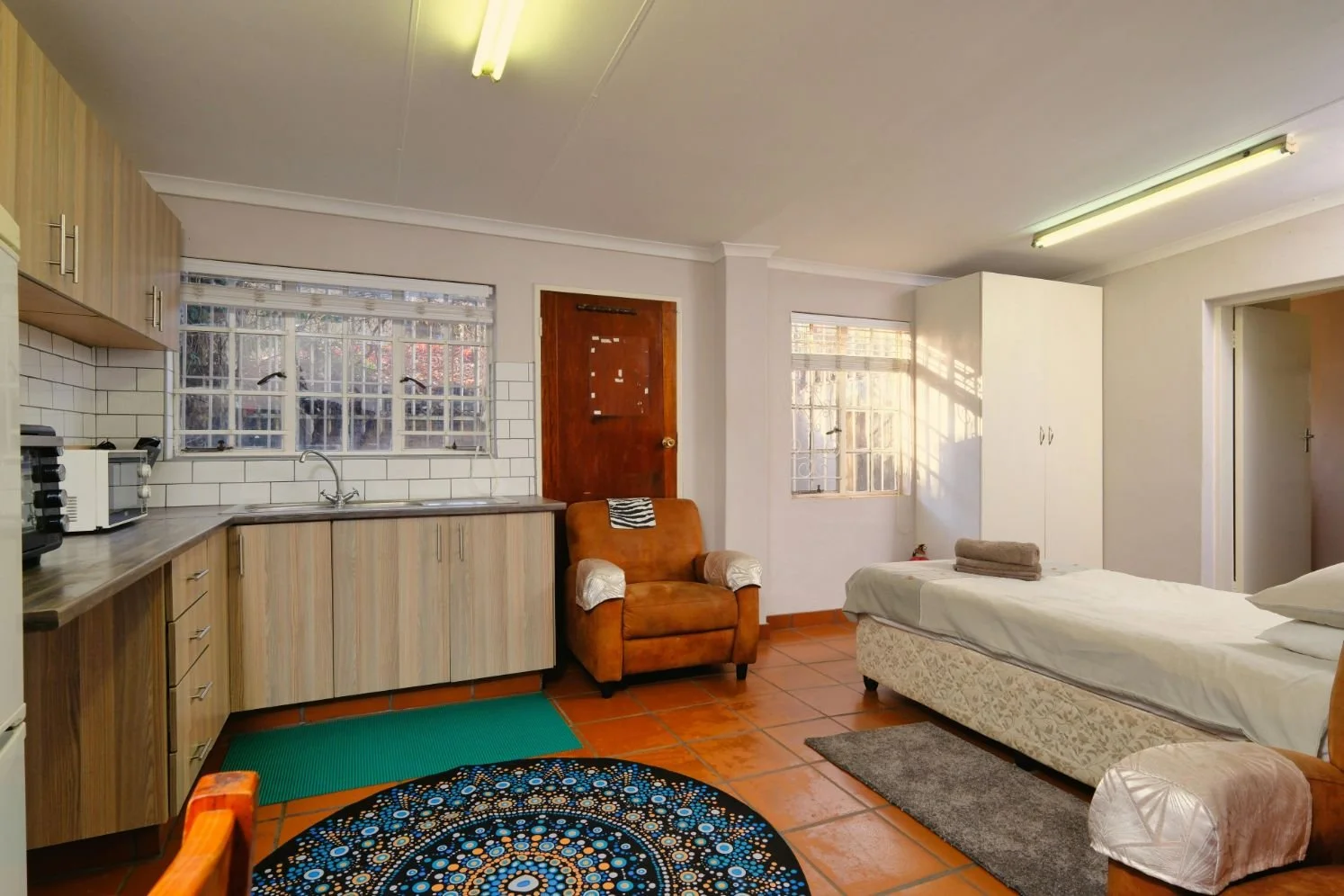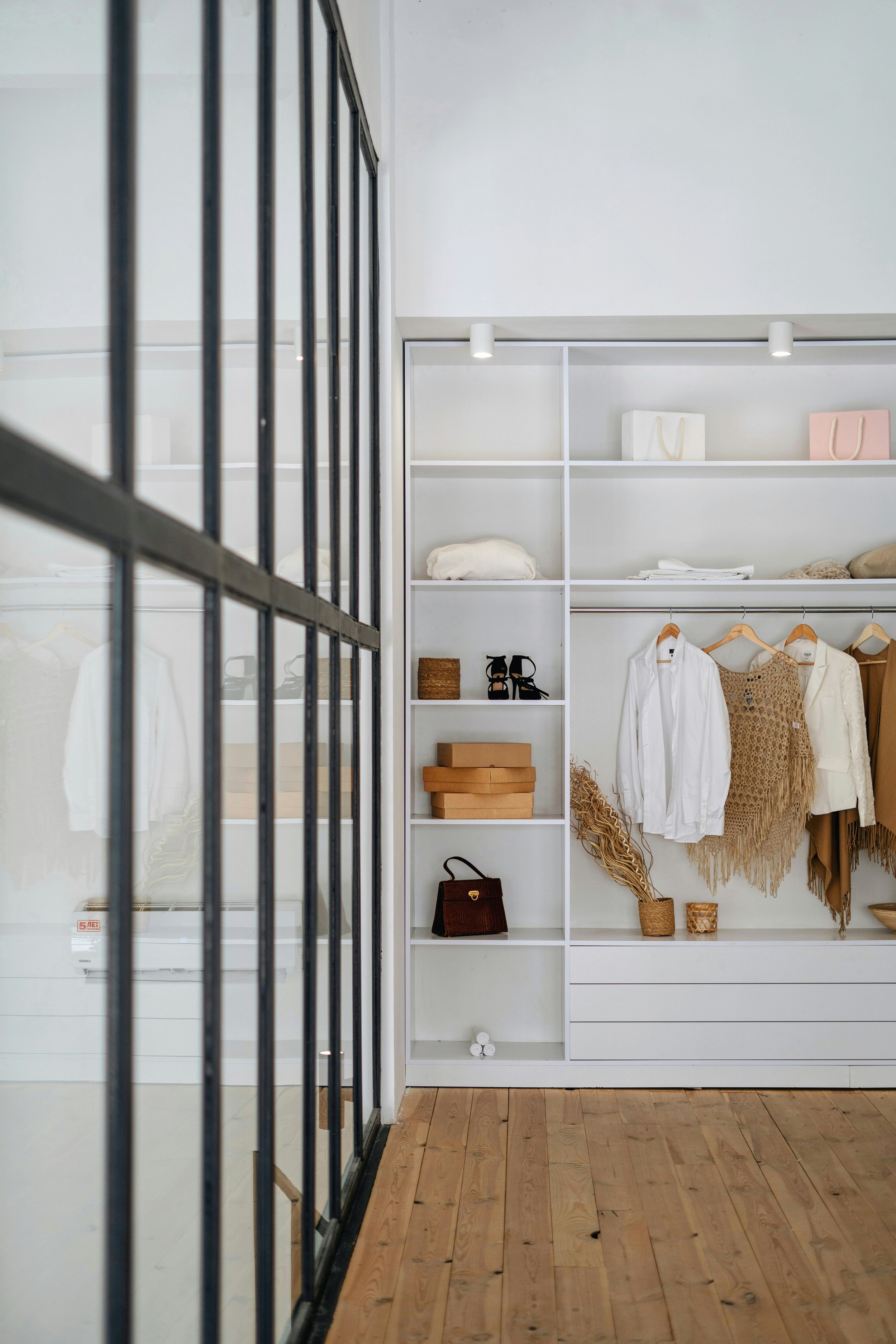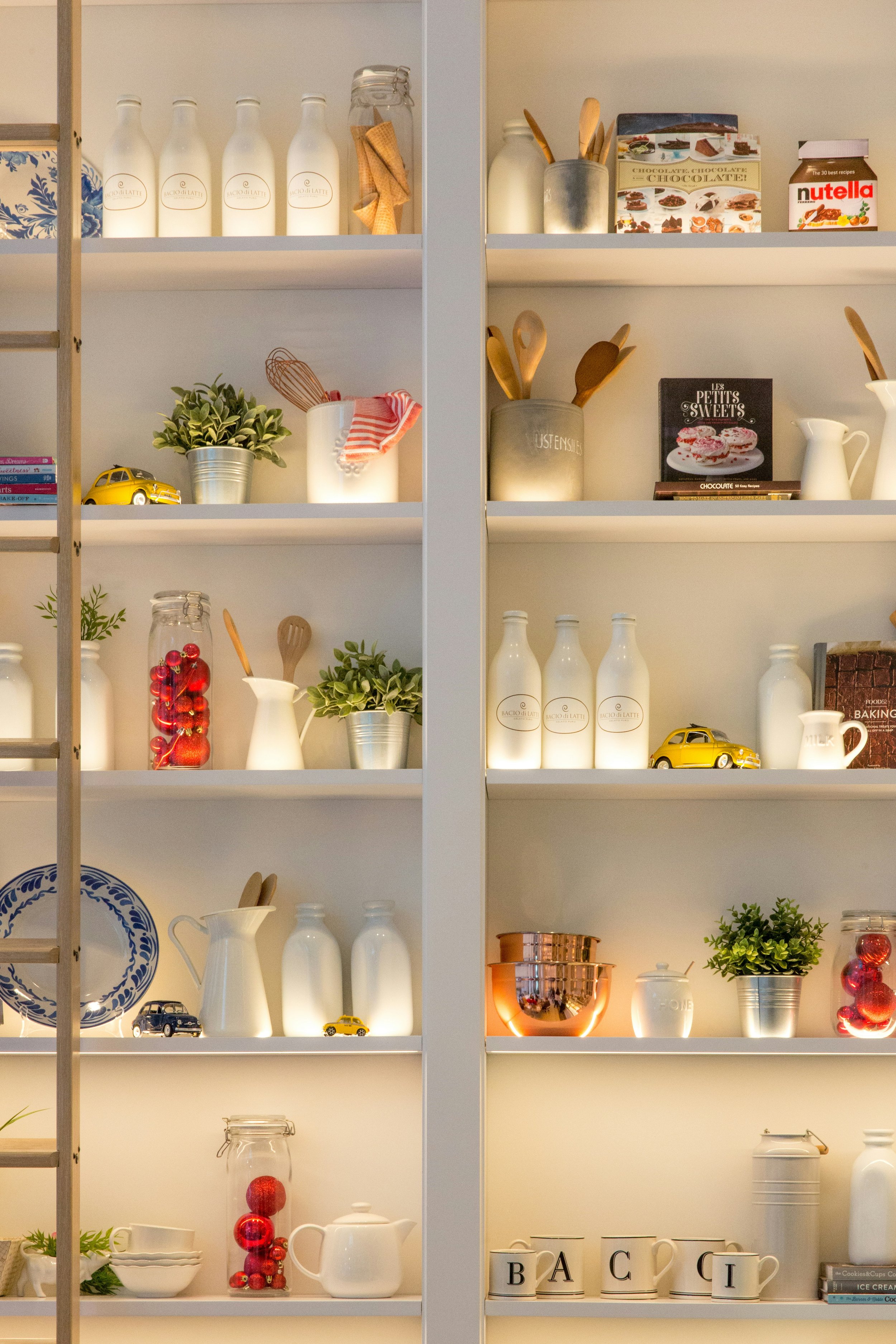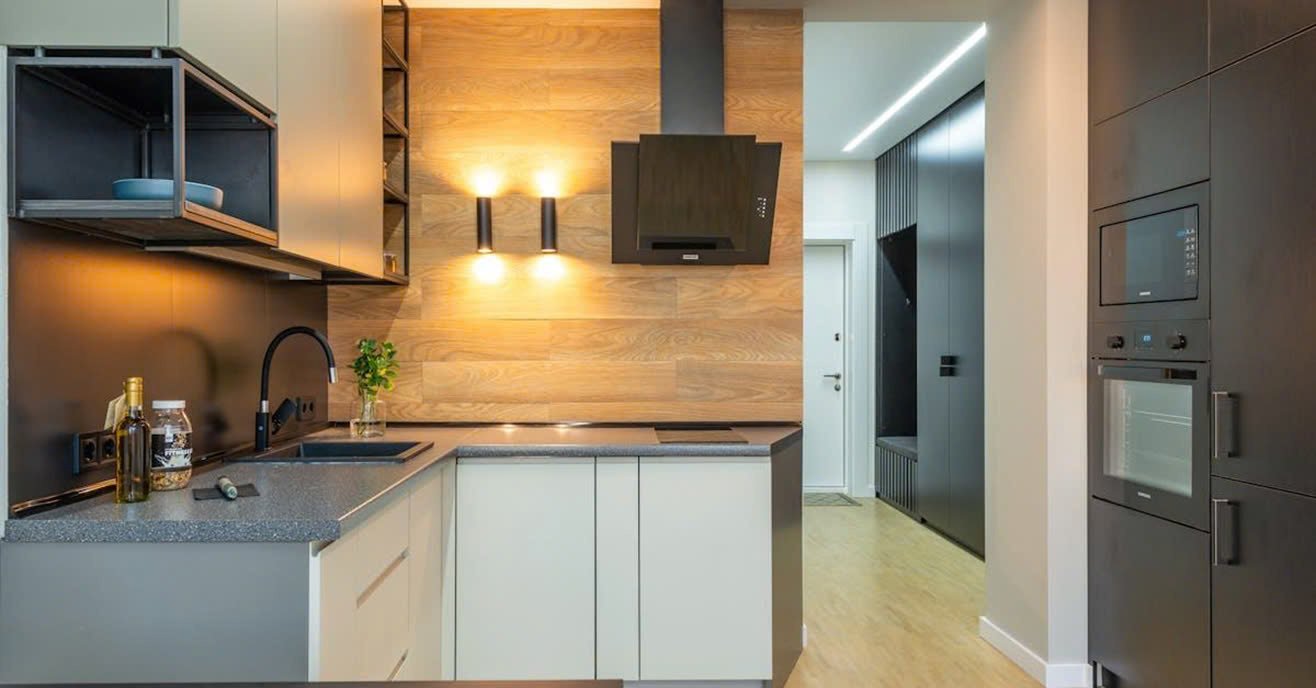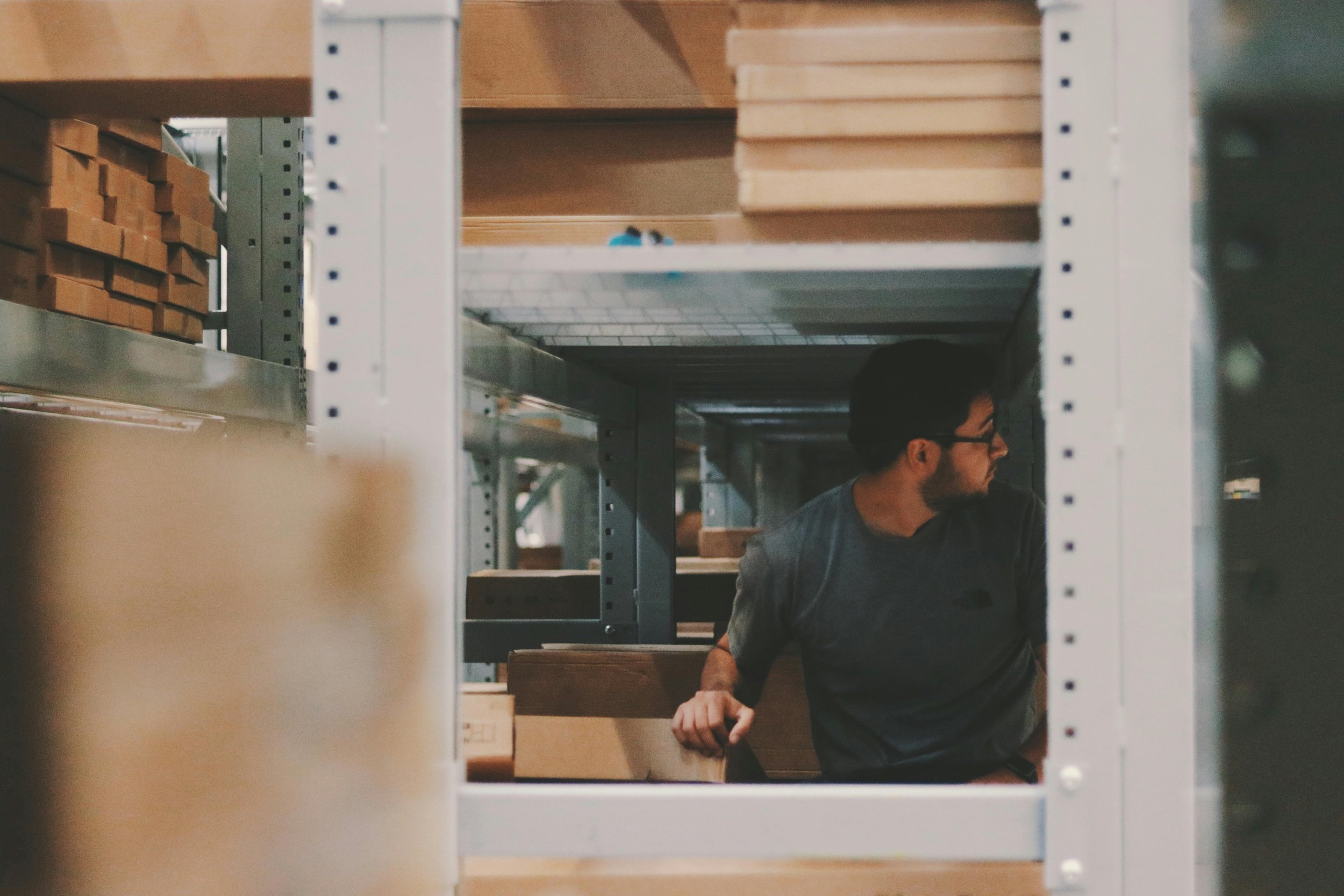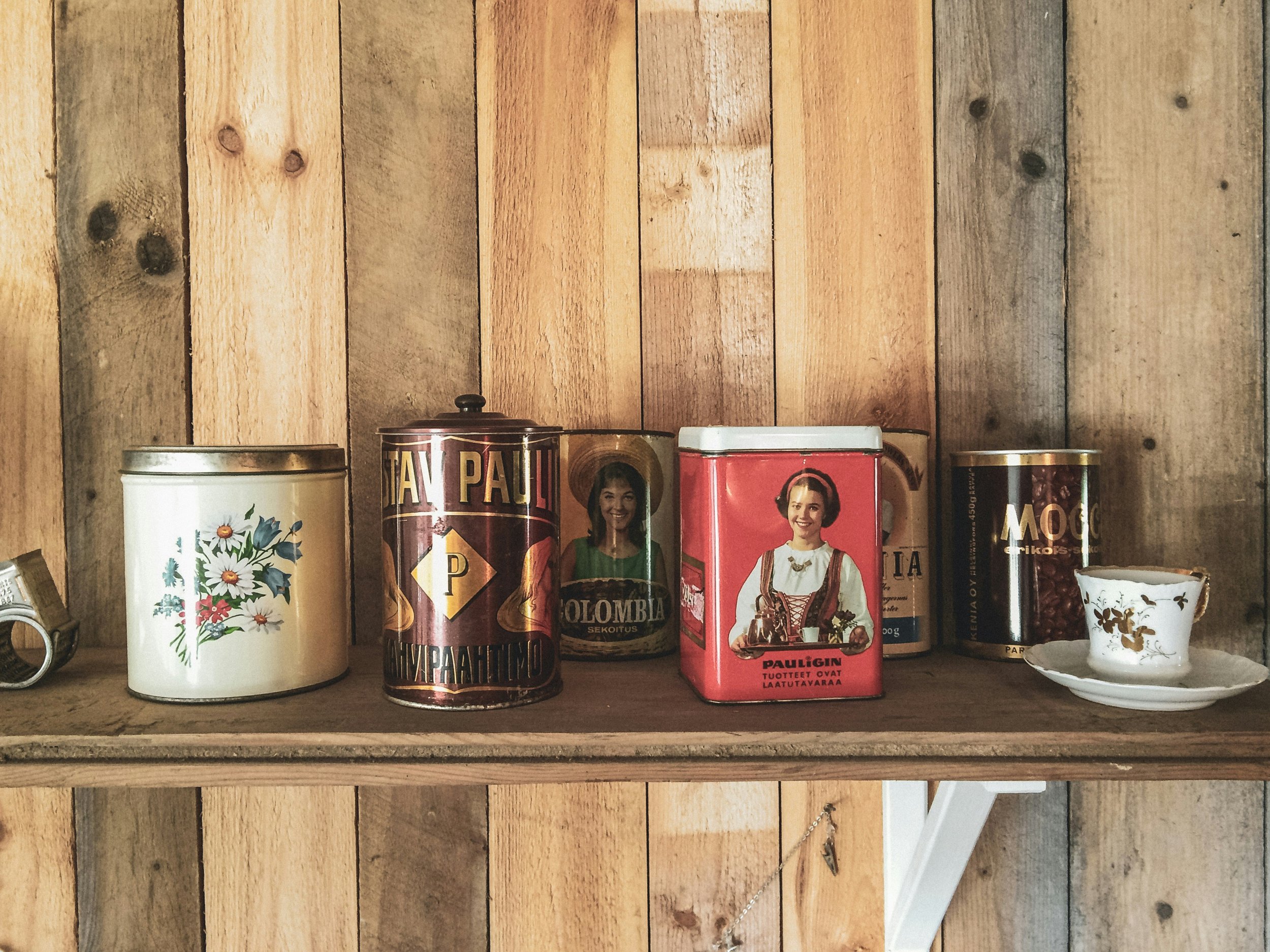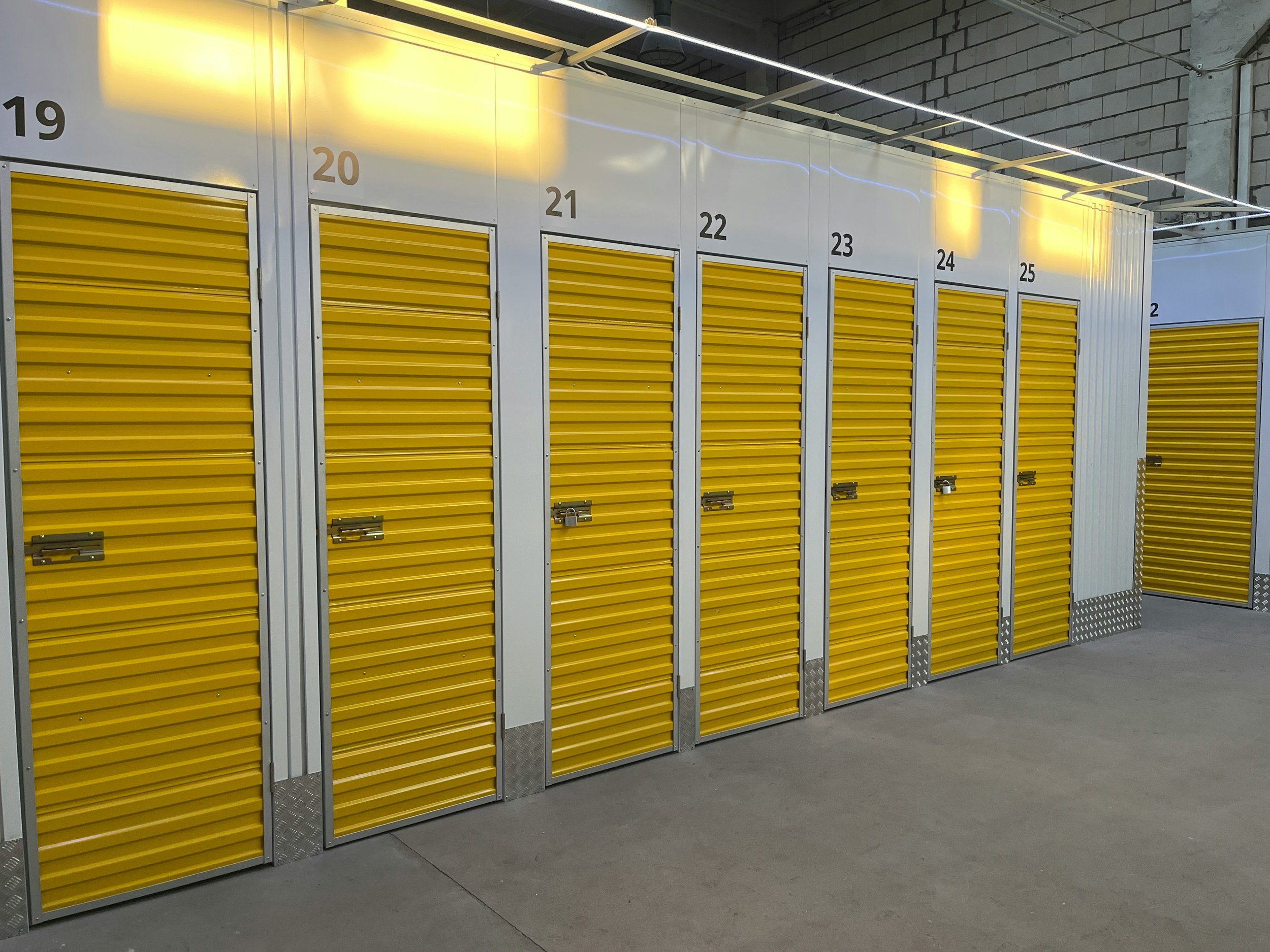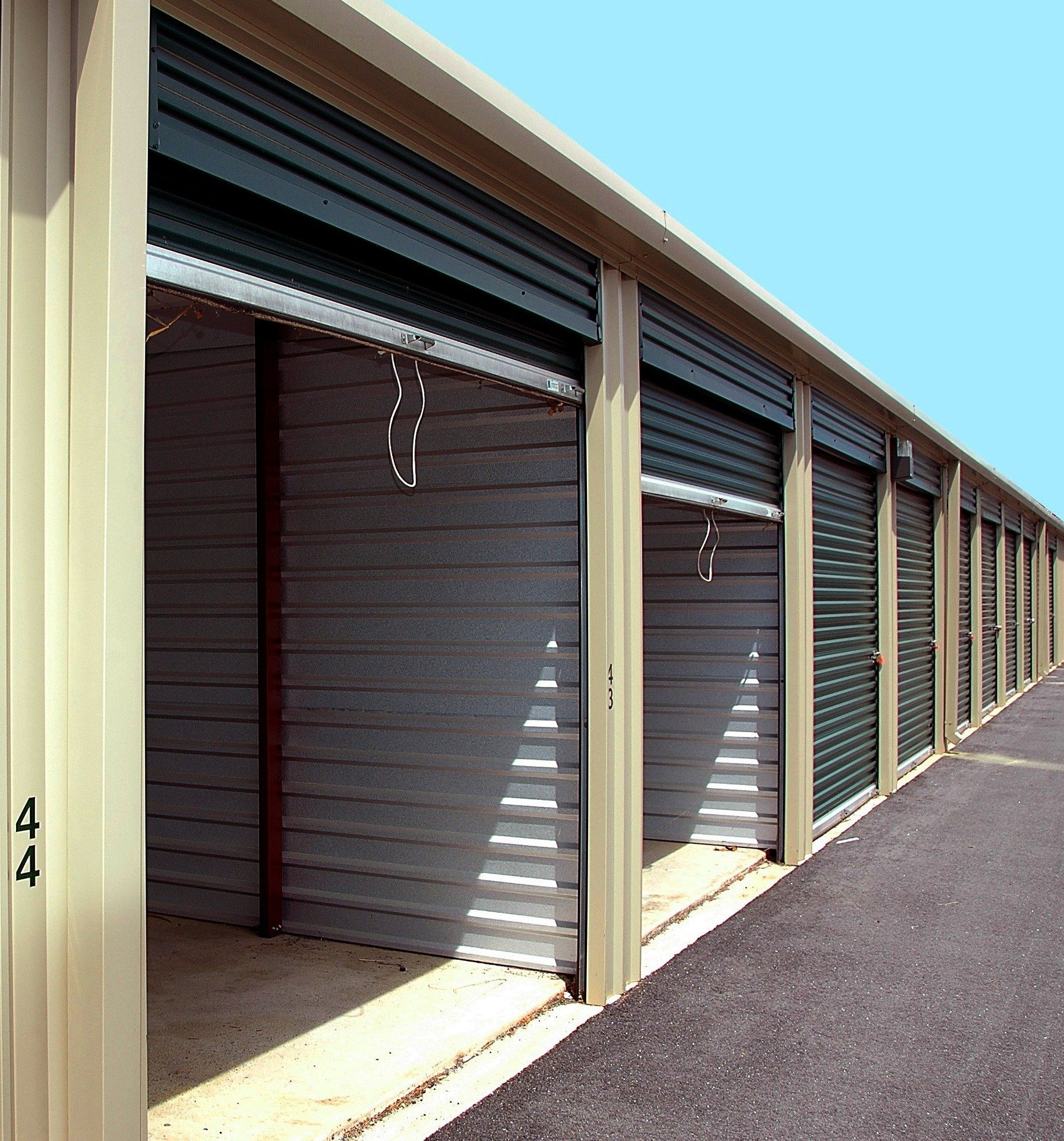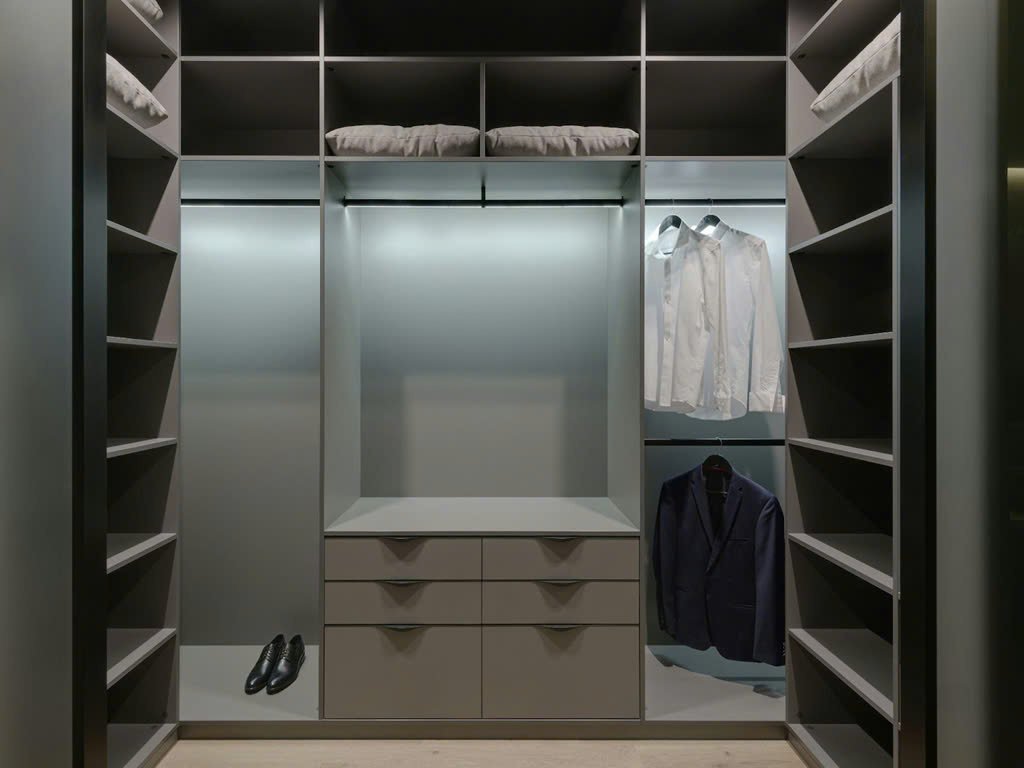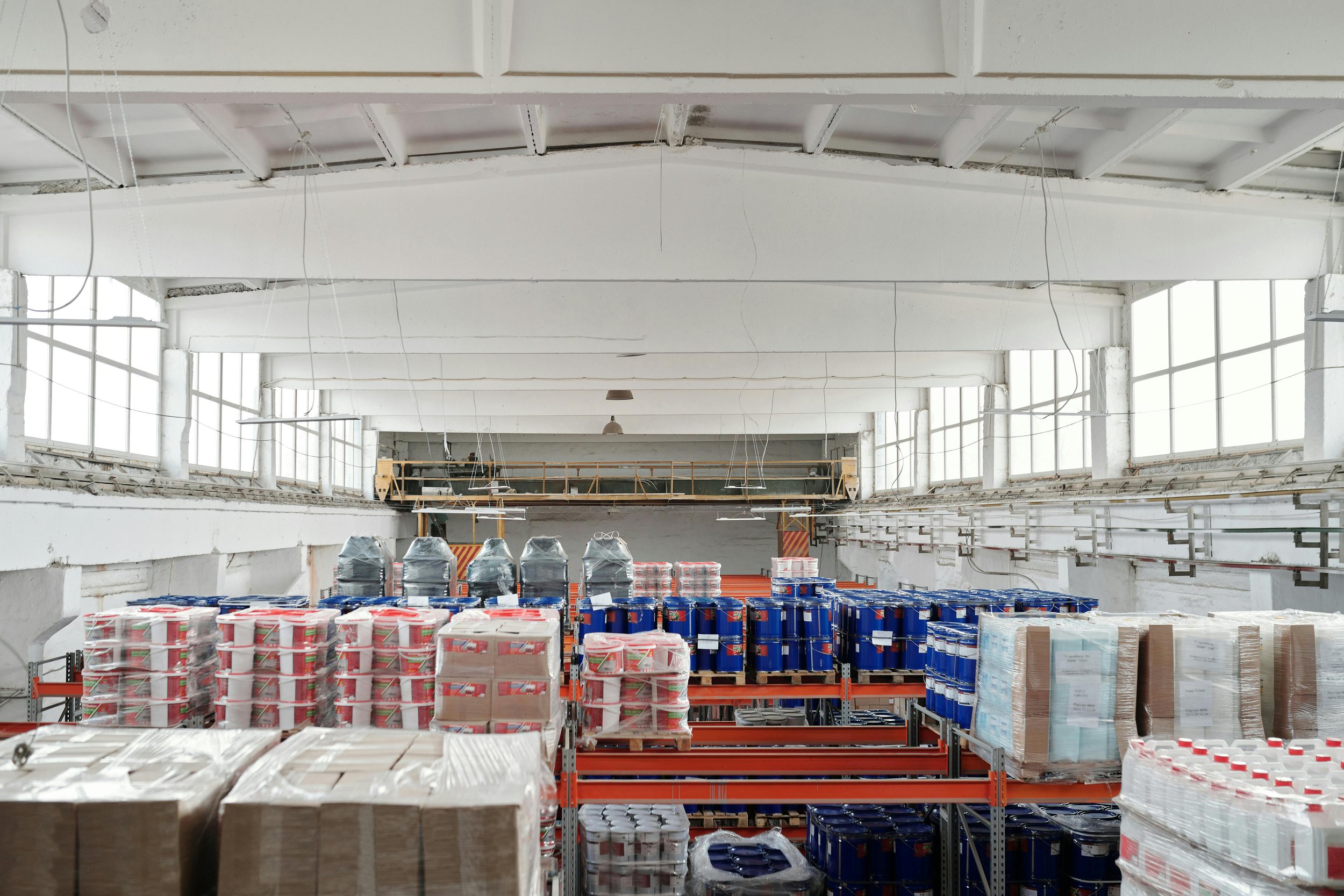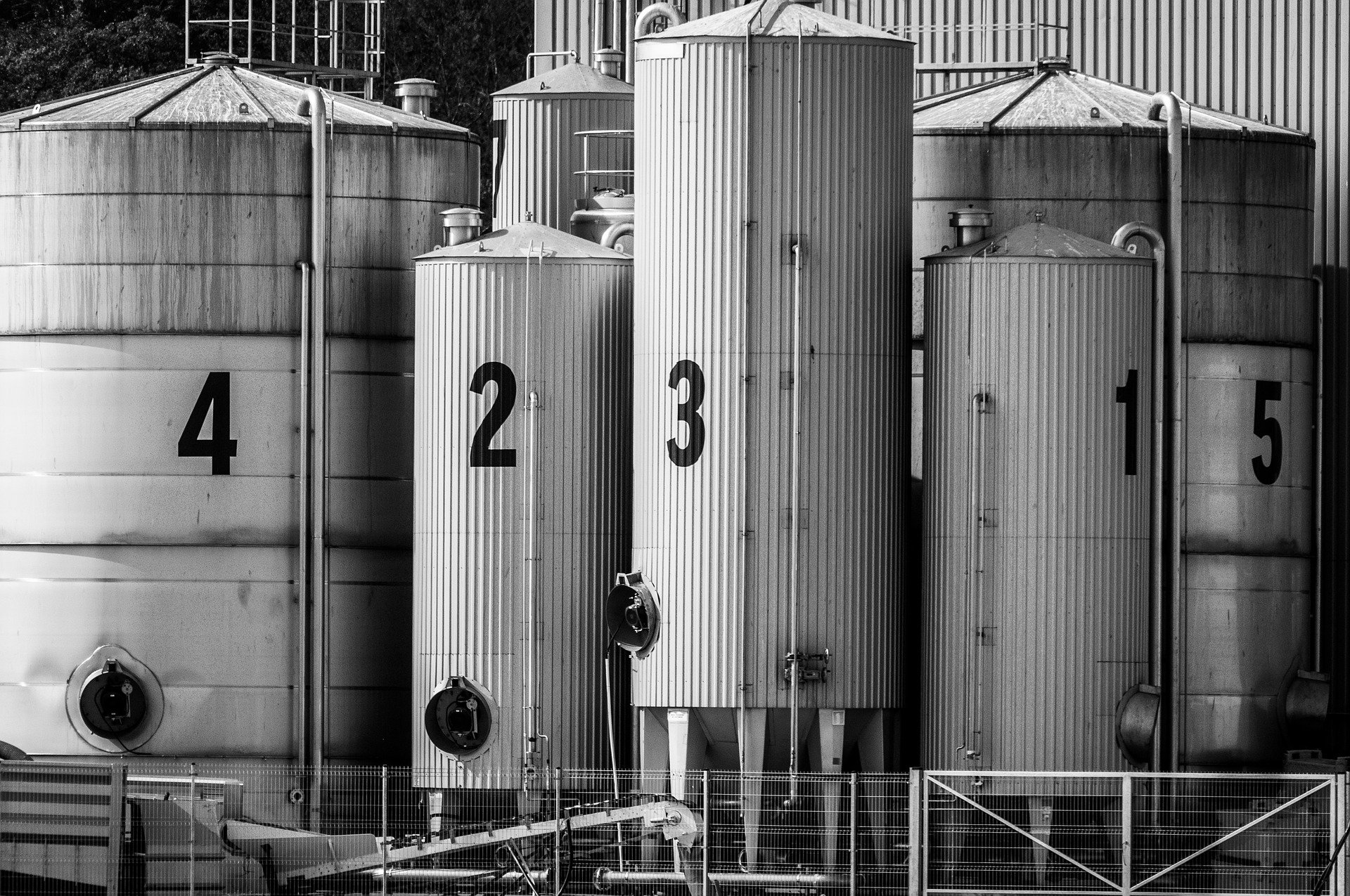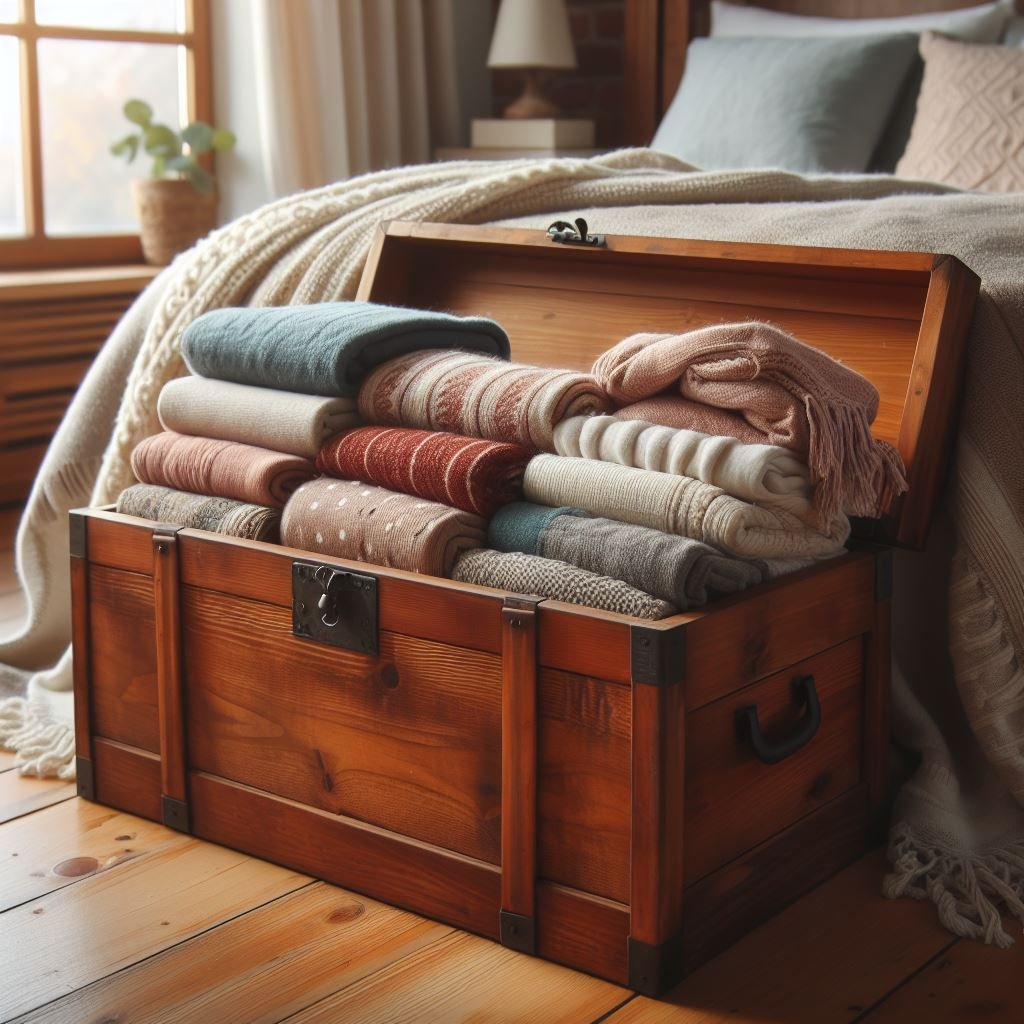6 Useful Tips to Follow When You're Searching for the Perfect Storage
Discover 6 practical tips to help you find the perfect storage solution—maximize space, stay organized, and choose what fits your lifestyle best.
Finding the perfect storage solution isn’t always as simple as renting the first unit you see. Whether you're downsizing, decluttering, relocating, or managing seasonal overflow, selecting the right storage option requires planning, research, and attention to detail.
Choosing a space that matches your needs can help you stay organized, protect your valuables, and give you peace of mind. If you’re unsure where to start, here are six practical tips to guide your search for the ideal storage option.
Assess Your Storage Needs First
Before you begin calling storage facilities or browsing websites, take inventory of what you need to store. The size and type of your items will significantly influence the type of storage you should consider. Are you storing a few boxes and suitcases, or do you have bulky furniture, electronics, or valuable collections?
Consider how long you plan to store your items. Short-term storage for a quick move may not require the same features as long-term storage for delicate or irreplaceable belongings. Thinking through your space, security, and climate requirements ahead of time will prevent you from overpaying for features you don’t need, or worse, underestimating your space and ending up cramped.
Measure large items and tally up box counts. This basic step will help you avoid renting a unit that’s too small or paying for one that’s unnecessarily large.
Explore Your Options and Read Reviews
Take a tour of the facilities you’re considering, ask questions, and get a feel for their professionalism and upkeep. With so many available storage solutions on the market, it’s important to explore all your choices before making a final decision. Online reviews can provide useful insights. Look for feedback on cleanliness, customer service, safety, and how management handles disputes or damages. While one or two negative reviews aren’t necessarily deal-breakers, consistent complaints about pests, billing issues, or poor communication are red flags.
Think About Location and Accessibility
Location is more important than many people realize. A facility that’s closer to your home or office might cost a bit more, but the convenience could be worth it if you need to access your items regularly.
If you're storing things for an extended period and won’t need frequent access, a facility farther out with lower rates could be a better option. Consider the facility's operating hours. Some offer 24/7 access, while others have restricted timeframes that may not suit your schedule.
Ease of access includes features like wide driveways, ground-floor units, or freight elevators. These conveniences can save time and reduce physical strain when moving heavy or awkward items in and out of your unit.
Evaluate Security Features
When you store your belongings offsite, security should be a top priority. Look for facilities that take a multi-layered approach to safety. This might include gated access, surveillance cameras, well-lit premises, and on-site staff.
Ask about individual unit security, too. Do units come with their own alarms or reinforced locks? Are there security patrols after hours? The last thing you want is to worry about your stored items being at risk.
While no system is completely fail-proof, facilities that invest in solid security measures demonstrate a commitment to protecting their clients’ belongings.
Consider Climate Control for Sensitive Items
If you plan to store electronics, wood furniture, artwork, clothing, or important documents, you’ll want a unit with climate control. Extreme heat, cold, and humidity can quickly damage sensitive items, leading to warping, mold, mildew, or irreversible decay.
Climate-controlled storage keeps temperature and humidity within safe levels, offering better preservation for valuable or fragile items. Though these units typically come at a slightly higher price, they are a worthwhile investment for protecting what matters most.
Be sure to verify whether climate control includes both temperature and humidity management, as some facilities only offer partial coverage.
Compare Pricing and Payment Terms
While cost shouldn’t be the only factor, it does play a major role in choosing the right storage option. Prices vary depending on size, location, amenities, and lease length. Shop around and get quotes from multiple providers so you can compare value.
Make sure you understand the billing process, payment due dates, and late fees. Ask if there are any promotions, discounts for long-term rental, or additional charges for insurance or administrative fees. Transparency is key, reputable facilities will have no problem explaining their pricing structure in detail.
Be cautious of prices that seem too low. Bargain-basement rates may reflect poor maintenance, minimal security, or hidden fees.
Not all storage facilities are created equal, and overlooking important factors can lead to headaches down the road. You might check if the facility is affiliated with any industry organizations or holds certifications that indicate quality standards and ethical practices. We hope that this article was helpful.


